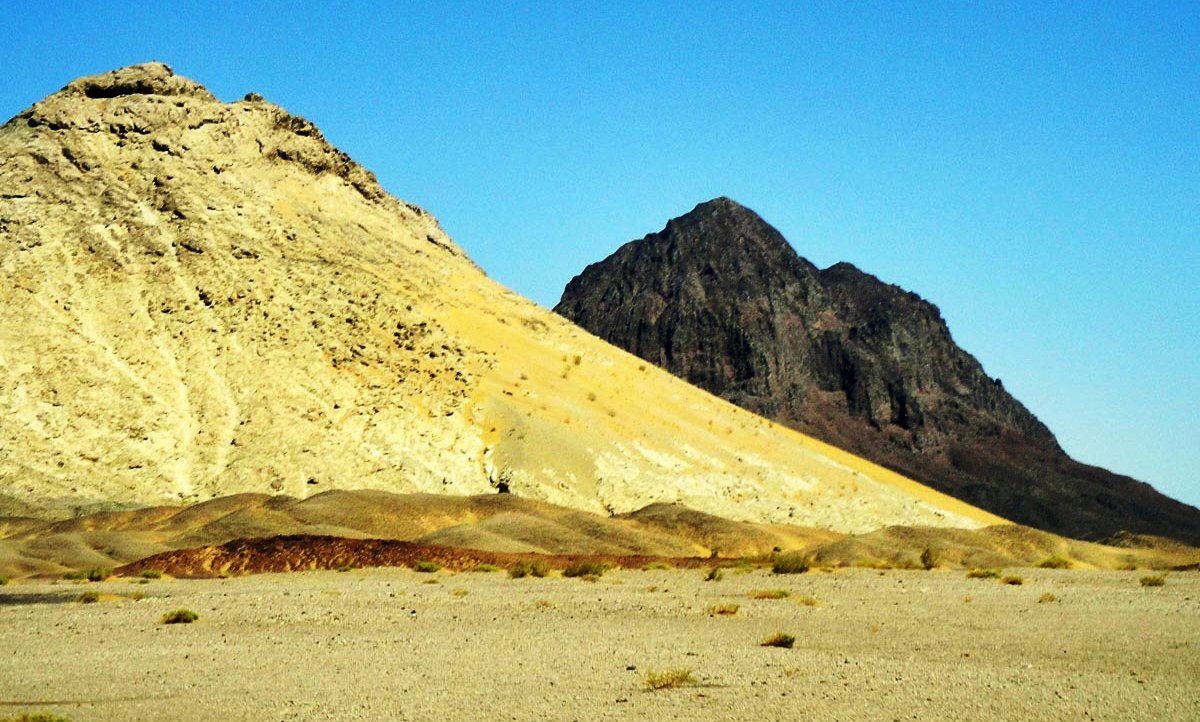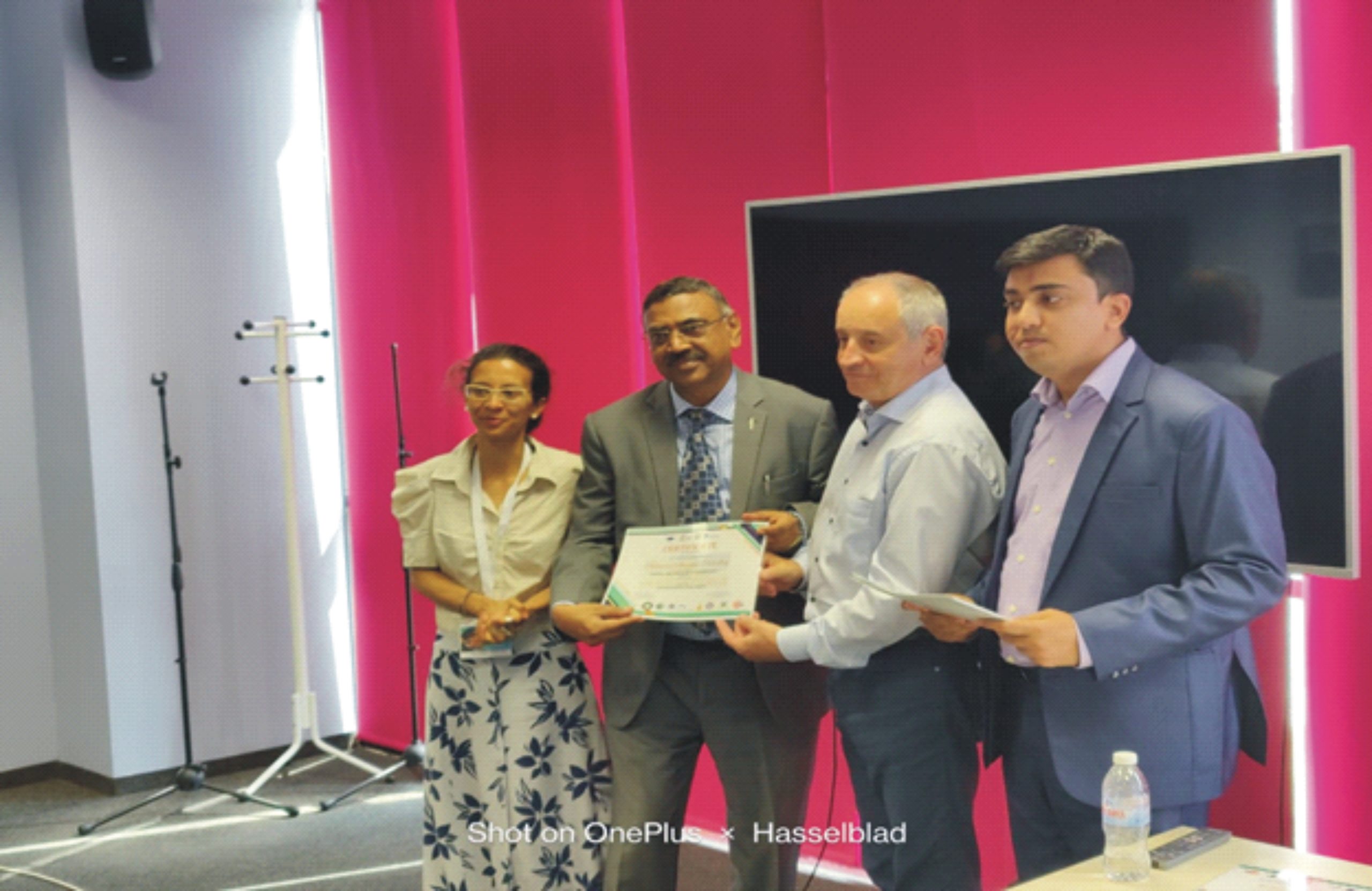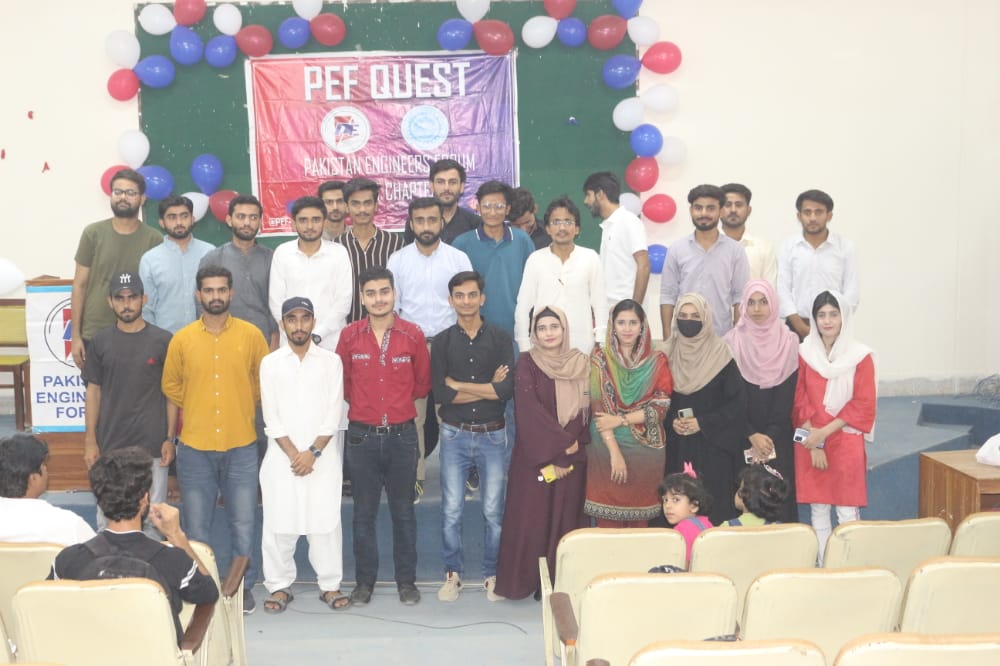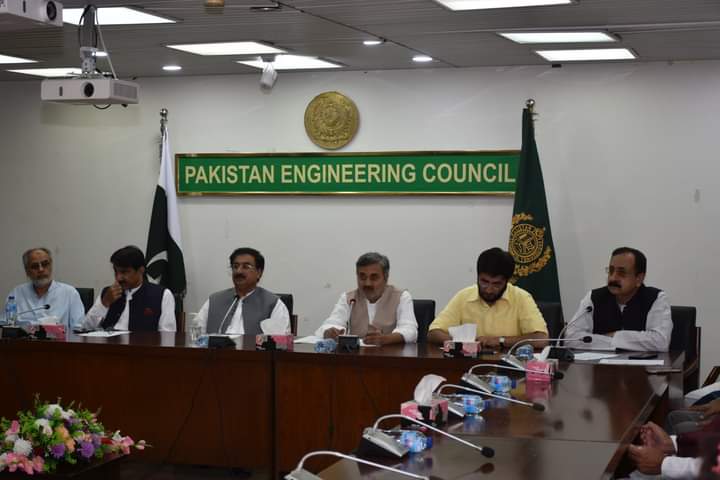Reko Diq to start producing
gold and copper by 2027
Agreements are currently being finalized by teams from Barrick and Pakistan, says CEO Mark Bristow, “Project will have 100 percent, Pakistani workers.”
Barrick Gold Corporation says the company would convert Pakistan’s Reko Diq into a world-class mine and the company would start production





